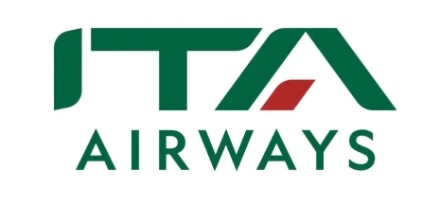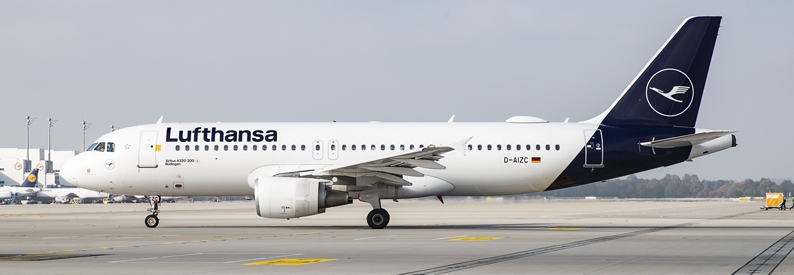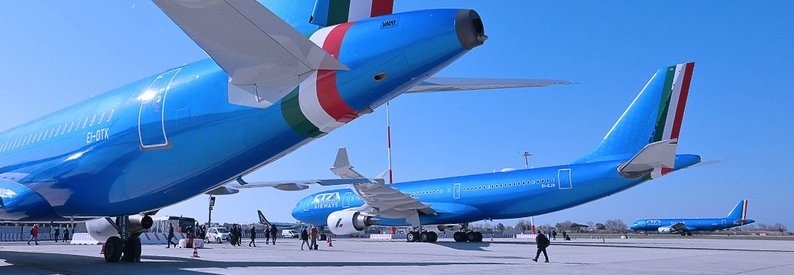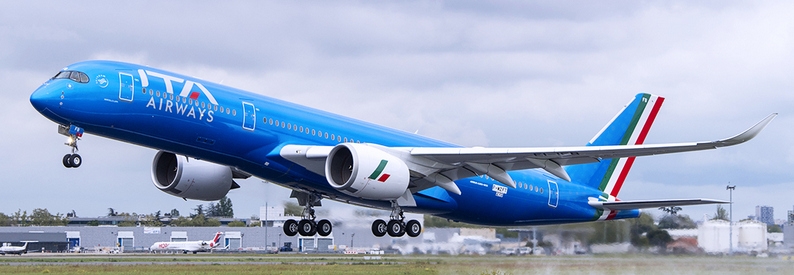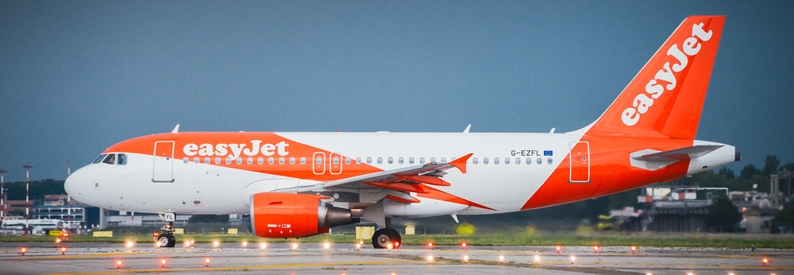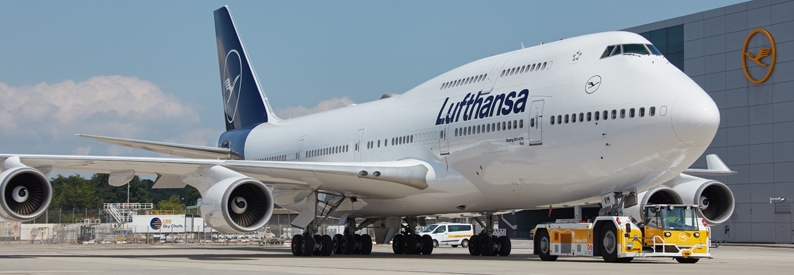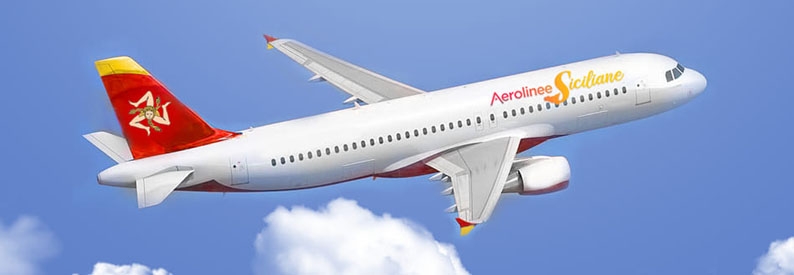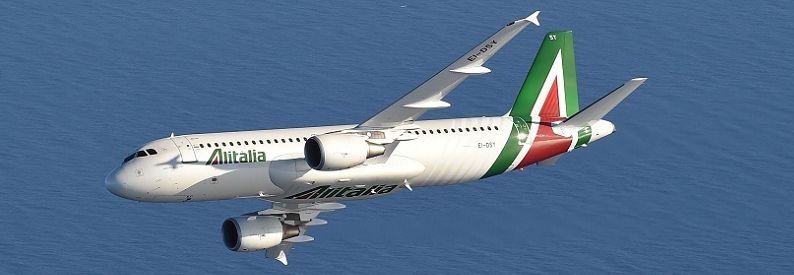Lufthansa (LH, Frankfurt International) has offered concessions to allay Brussels’ competition concerns over its plan to invest EUR325 million euro (USD355 million) to acquire an initial 41% stake in loss-making Italian state-owned flag carrier ITA Airways (AZ, Rome Fiumicino), the news agencies Bloomberg and Reuters reported.
According to the reports on January 9, the German airline has presented its submission to the European Commission, ahead of the latter’s provisional January 15 deadline for completing a preliminary assessment of the planned deal. The competition watchdog will either greenlight the acquisition or open a four-month probe.
Unnamed sources familiar with the matter told Bloomberg that Lufthansa had offered concessions in its proposal, but they declined to identify the details. Meanwhile, Reuters cited a European Commission spokesperson acknowledging that Lufthansa had offered remedies to address concerns, adding: “The Commission will now assess the submitted commitments” without providing further details.
Sources previously told both outlets that the German airline was prepared to dispose of slots, particularly at ITA-dominated Milan Linate where overlaps exist on some European routes to Lufthansa Group hubs in Frankfurt International, Munich, Vienna, and Zurich. Lufthansa has declined to comment.
The Italian government, which owns ITA, supports the proposed deal. In September, Prime Minister Giorgia Meloni criticised Brussels for dragging its feet over the deal before it was formally filed for approval, saying that “the same European Commission that asked us for years to find a solution for ITA’s woes, when we find a solution it blocks it.”
In related news, ITA predecessor Alitalia has returned EUR100 million (USD109 million) to the Italian state, corresponding to a 2021 loan designed to guarantee the continuation flights in Italy during the recent pandemic, Corriere della Sera reported on January 8. The interest will be returned at a later date. According to the newspaper, the former flag carrier continued to provide services and dispose of assets after ceasing operations, enabling it to achieve an operating margin of tens of millions of euros every quarter.
